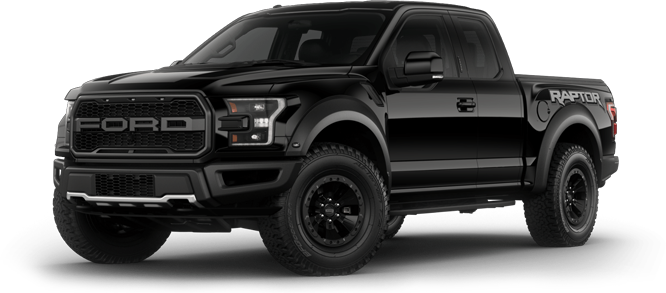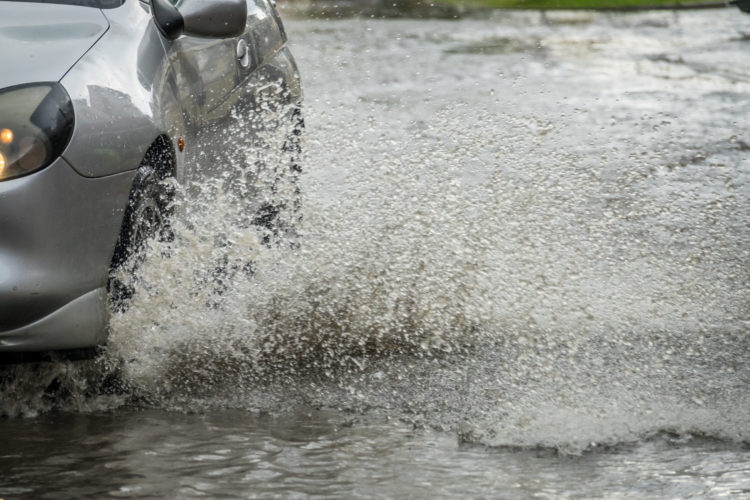Florida Hurricane Season 2018
Last year was one of the most devastating hurricane seasons on record, and weather experts are already warning Floridians that conditions are ripe for an above average number of hurricanes in 2018.
A typical hurricane season sees 12 named storms. For 2018, Colorado State University researchers are predicting 14 named storms. Since Florida has suffered direct hits two years in a row, this seems like a great time to go over some safety tips for driving in rainy, windy, and otherwise adverse weather conditions.
Driving During Hurricane Season
Obviously, the best advice is to stay OFF the roads. Especially during conditions with strong wind or rain. If driving is unavoidable, here are some precautions you can take to make sure you stay safe during Florida hurricane season:
Before You Get on the Road
- Keep your vehicle properly maintained and make sure your tires have enough tread for wet roads. To check tire tread, place a penny between two raised sections on the surface of your tire. If Lincoln’s head is visible, it may be time to replace the tire because your tread is no longer deep enough.
- Don’t assume that your Jeep or SUV is weather proof. Often the height of these vehicles works against them in inclement weather because they are more prone to rollovers in high winds and on wet roads. SUV drivers must be especially careful crossing bridges and making turns.
Once on the Road
- Limit distractions: Turn off your phone and turn down the radio so that you can focus your attention on the road.
- When driving in heavy wind, anticipate gusts in areas such as overpasses, tunnels and any area that can act as a funnel for wind.
- Be aware of larger vehicles that can be thrown around by high winds. They may have trouble staying in their lanes. Give these and other vehicles extra space.
- Keep a firm grip on the wheel.
- Slow down to protect against hydroplaning. Hydroplaning occurs when a vehicle is traveling fast in heavy rain conditions causing the vehicle’s tires to lose their grip on the road’s surface. This can make steering and braking difficult and can cause drivers to lose control. If you do hydroplane, take your foot off the accelerator and avoid swerving.
- Keep your headlights on. Unless there is damage to your car that prevents you from driving with the flow of traffic, DO NOT turn your hazard lights on.
- Avoid any roadways that are covered with water. You have no idea how deep it is or what is in/under the water. If you must drive through standing water, proceed slowly. If your car stalls, call a tow truck rather than attempting to restart. Dirt, oil or other debris in the water could get into the engine and damage components.
- Do not use cruise control. Cruise control increases your vehicle’s chances of hydroplaning as you are unable to lift your foot off the accelerator with cruise control engaged.
- If you come to an intersection where the traffic light is out, treat the intersection as you would a four-way stop.
Your friends at Grieco Collision Center care about your safety and will do our best to make sure your domestic, foreign, or luxury car, or heavy-duty truck is in optimum condition to keep you and your family safe during Florida hurricane season and always. Are you concerned about your vehicle’s condition? Call us at 888-451-0538 or get in touch via our contact form today!




